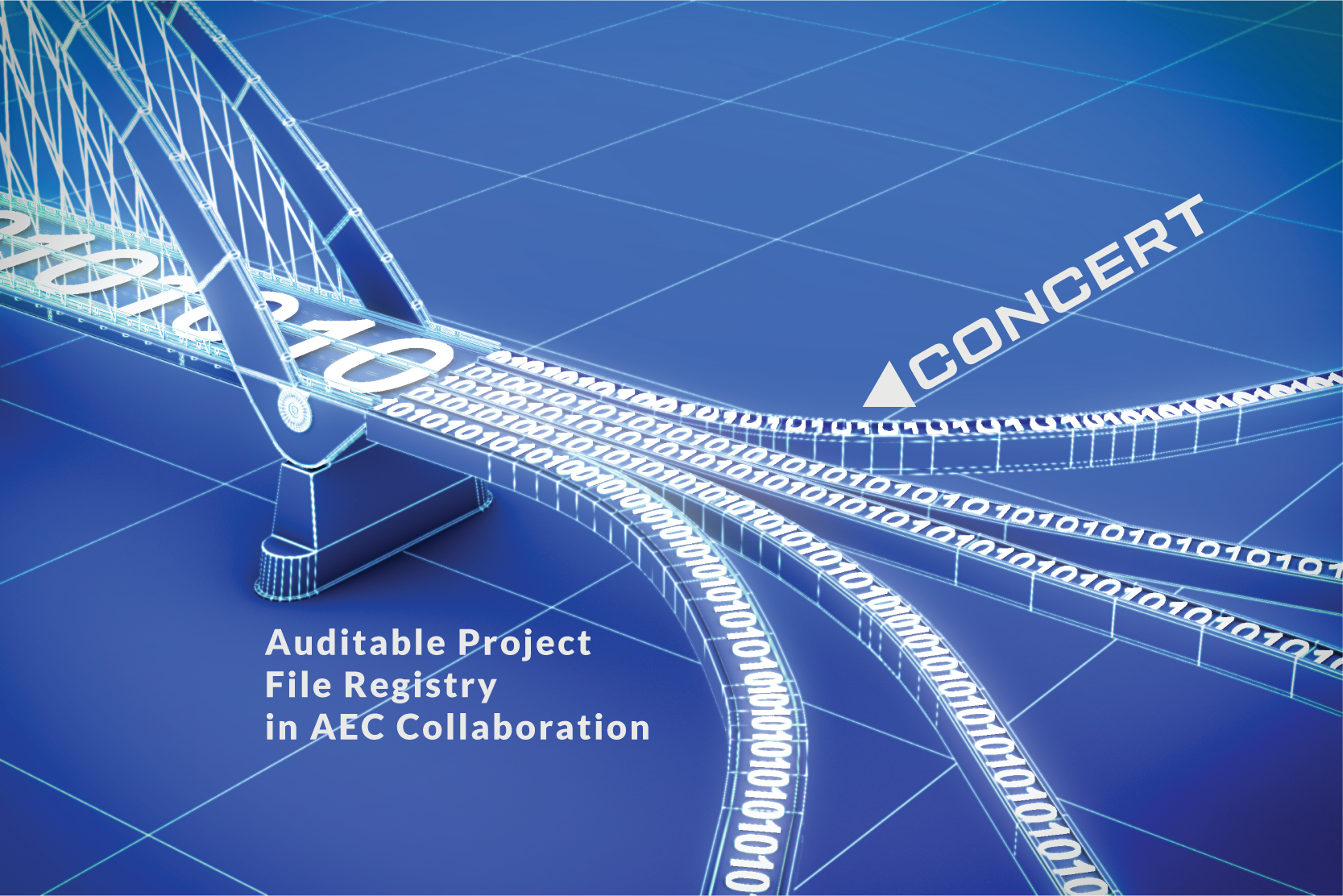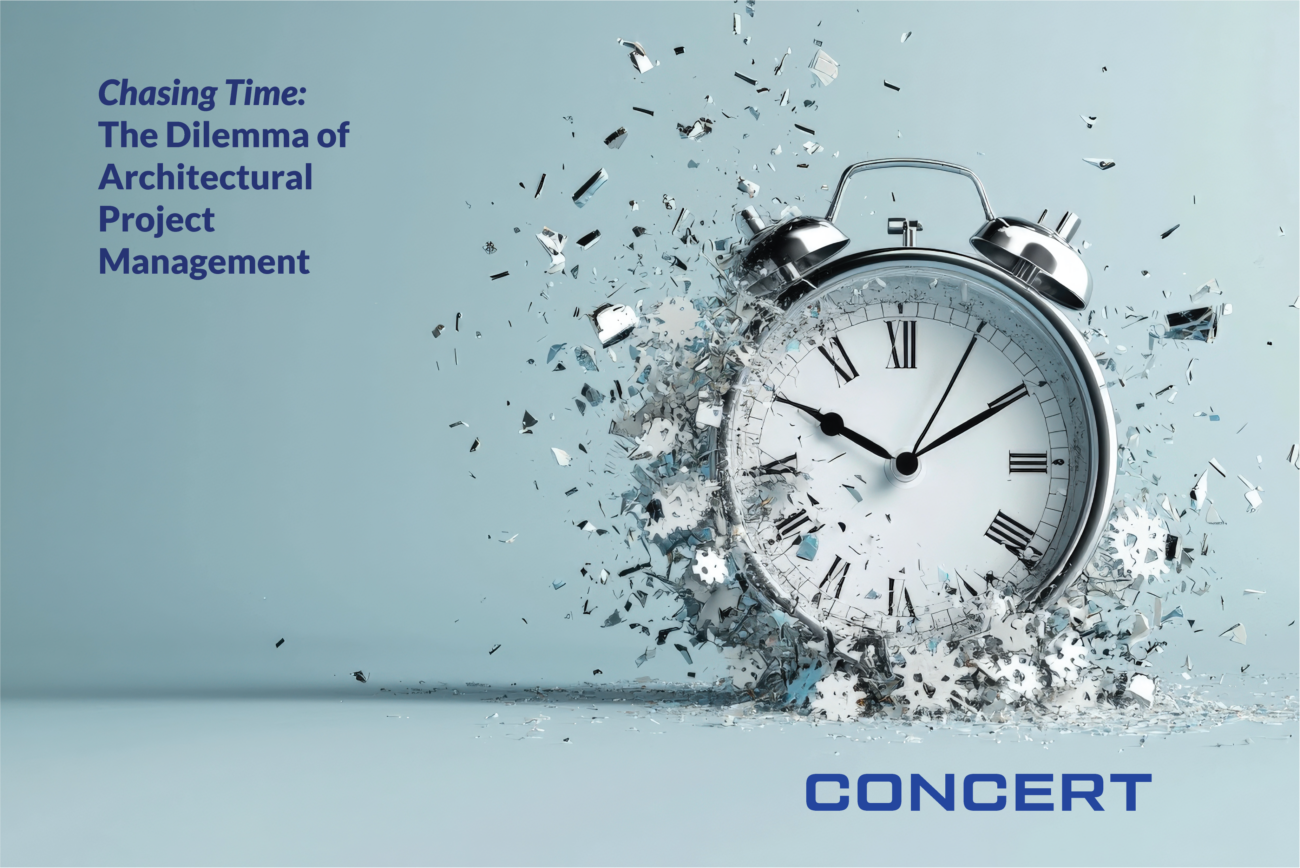Introducing the Need for an Auditable Project File Registry
Collaboration in modern industries depends on easy access, verification, and seamless data sharing. A single source of truth (SSOT) ensures that all stakeholders rely on one trusted repository. Fields like software development and manufacturing already use this approach, but architecture, engineering, and construction (AEC) still lag. The result? Miscommunication, inefficiencies, and costly project delays.
An auditable project file registry is an SSOT that creates transparency and accountability in AEC collaboration. It tracks project data without forcing a centralized data environment.
How Other Industries Solve This Challenge
- Software Development: Developers use GitHub for version control, tracking code updates, and ensuring a reliable repository. This allows teams to work across time zones and publish software without friction.
- Product Lifecycle Management (PLM): Automotive and aerospace industries use PLM systems to manage product designs. These systems synchronize updates across stakeholders, ensuring only the latest approved versions are used—even when teams work from different locations.
These industries know that structured collaboration prevents costly mistakes. AEC must adopt similar principles.
Why Hasn’t AEC Adopted This Yet?
AEC professionals argue that their industry is more complex than software or manufacturing. That’s true. However, this complexity makes an auditable project file registry even more critical. Mistakes cause rework, safety risks, and delays. Poor data management costs an estimated $1.84 trillion annually worldwide. Centralizing information could prevent simple errors.
The Problems with Traditional Collaboration Tools
AEC professionals still depend on email chains, FTP servers, and disorganized document-sharing methods. These create serious problems:
- Data Fragmentation: Critical information gets buried in emails or outdated files, leading to miscommunication.
- Lack of Authenticity: Verifying whether a document is the latest version is difficult.
- Inefficient Workflows: Manually tracking project updates wastes time and increases risk.
Concert Is Not a Common Data Environment (CDE)
SSOT discussions in AEC often focus on Common Data Environments (CDEs), such as those defined in ISO 19650. However, Concert takes a different approach. Unlike CDEs, which attempt to unify data authoring and storage, Concert recognizes that these will always remain separate across firms, projects, and software platforms.
Rather than centralizing all data, Concert provides an auditable project file registry. This ensures that every version of a file is traceable, verifiable, and authenticated—regardless of where it was created or stored. This becomes the SSOT for the project.
Filling the Gaps in AEC Collaboration
An SSOT is within reach for AEC, but two key challenges remain:
- Gap 1: Ensuring the SSOT Serves the Project, Not Just One Firm
AEC projects involve multiple stakeholders, including architects, engineers, and contractors. How do we ensure that the SSOT benefits the entire project? Blockchain offers a solution. It provides a tamper-proof, shared record, ensuring data integrity for all participants. - Gap 2: Moving Beyond Email for Data Sharing
Other industries pair an SSOT with agile data review and approval systems. AEC still relies on email, which is slow and error-prone. Concert solves this with an issue-tracking system that allows real-time coordination, eliminating email-based confusion.
Take Control of Your Project Data
Architects and engineers, data is your future. You bring clients innovative materials and design ideas daily. Yet your own work product—your intellectual property—is treated as disposable. If you don’t control your data sharing, you surrender your role in AEC’s digital future.
Own the data sharing. Become a legend for the project.
Concert leads this transformation with a trusted digital sharing solution designed for AEC professionals. By integrating smart verification systems and seamless coordination tools, Concert helps teams:
- Reduce reliance on email.
- Improve accountability with transparent version tracking.
- Increase efficiency with automated data authentication.
As AEC embraces digital transformation, next-gen sharing platforms will shape the industry’s future. Moving from fragmented workflows to secure, trusted data-sharing isn’t optional—it’s essential for staying competitive.
Ready to upgrade your collaboration? Learn how Concert is redefining digital project delivery.





